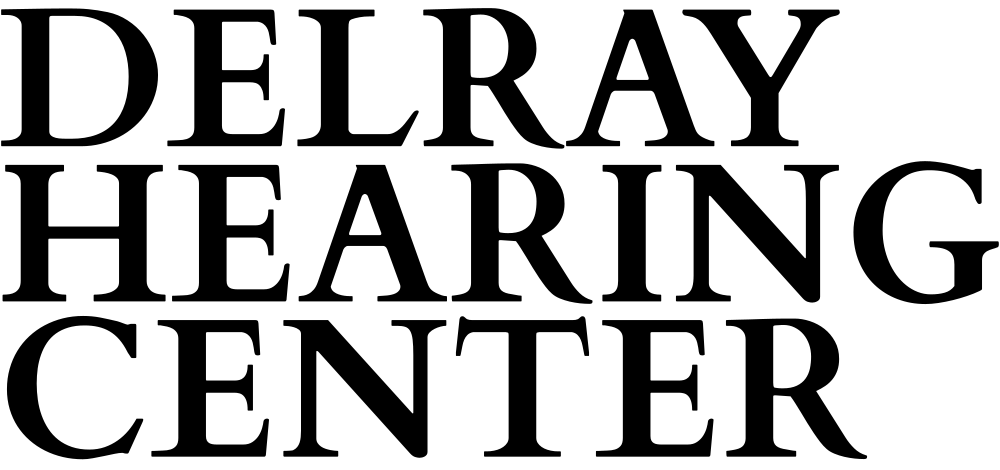
Does Insurance Pay for Hearing Aids?
Hearing aids are life-changing devices that significantly improve the quality of life for individuals experiencing hearing loss. However, their cost can be a considerable investment, leading many to wonder: Does insurance cover hearing aids? The answer depends on your insurance type, location, and policy specifics. Here’s what you need to know.
Private Insurance Coverage
Some private insurance plans provide partial or full coverage for hearing aids, but this varies widely. Consider these factors:
- Employer-Sponsored Plans: Check if your plan includes hearing aid benefits, as some employers offer policies covering a portion of the cost.
- Optional Riders: Certain insurance plans allow you to add a hearing care rider for additional coverage.
- Coverage Limits: Policies often cap coverage at a specific dollar amount or limit how often you can replace hearing aids, so understanding these restrictions is critical.
Medicare
Original Medicare (Parts A and B) does not cover hearing aids or exams for fitting them. However, many Medicare Advantage (Part C) plans—offered by private insurers—include some level of hearing aid coverage. Benefits vary, so review your plan details carefully to understand any associated out-of-pocket costs.
Medicaid
Medicaid’s hearing aid coverage differs by state. While most states provide coverage for children, only some offer hearing aid benefits for adults. States like Rhode Island and New Hampshire are known for robust Medicaid coverage of hearing aids. Contact your state Medicaid office to check eligibility and coverage details.
State Mandates
Certain states require private insurers to include hearing aid coverage, particularly for children. However, a few states extend this requirement to adults. If you reside in a state with a mandate, such as Rhode Island or New Hampshire, you may benefit from more comprehensive coverage.
VA Benefits and Assistance Programs
Veterans may qualify for hearing aids through the U.S. Department of Veterans Affairs (VA) if their hearing loss is service-connected or significantly impacts daily activities. Additionally, nonprofits and state assistance programs often help individuals who meet specific income or medical criteria.
Making the Most of Your Benefits
- Ask for Details: Contact your insurance provider for a clear explanation of your hearing aid benefits, including deductibles, reimbursement amounts, and other terms.
- Leverage Discounts: Some hearing clinics, including Delray Hearing Center, may offer discounts or flexible financing options for patients paying out of pocket.
- Use Tax-Advantaged Accounts: Health Savings Accounts (HSAs) or Flexible Spending Accounts (FSAs) can help cover the cost of hearing aids if your insurance does not.
Hearing Aid Financing at Delray Hearing Center
At Delray Hearing Center, Dr. Adam Locker, Au.D., leverages his 26 years of experience to help patients understand their insurance benefits and explore alternative options, such as financing, to ensure hearing care is accessible to everyone. Whether you’re navigating insurance or interested in the latest hearing aid technology, our team is here to guide you every step of the way.
Conclusion
While not all insurance plans cover hearing aids, there are options to reduce costs and access these essential devices. If you have questions about insurance or need assistance understanding your coverage, contact Delray Hearing Center today. Let us help you take the first step toward better hearing!
